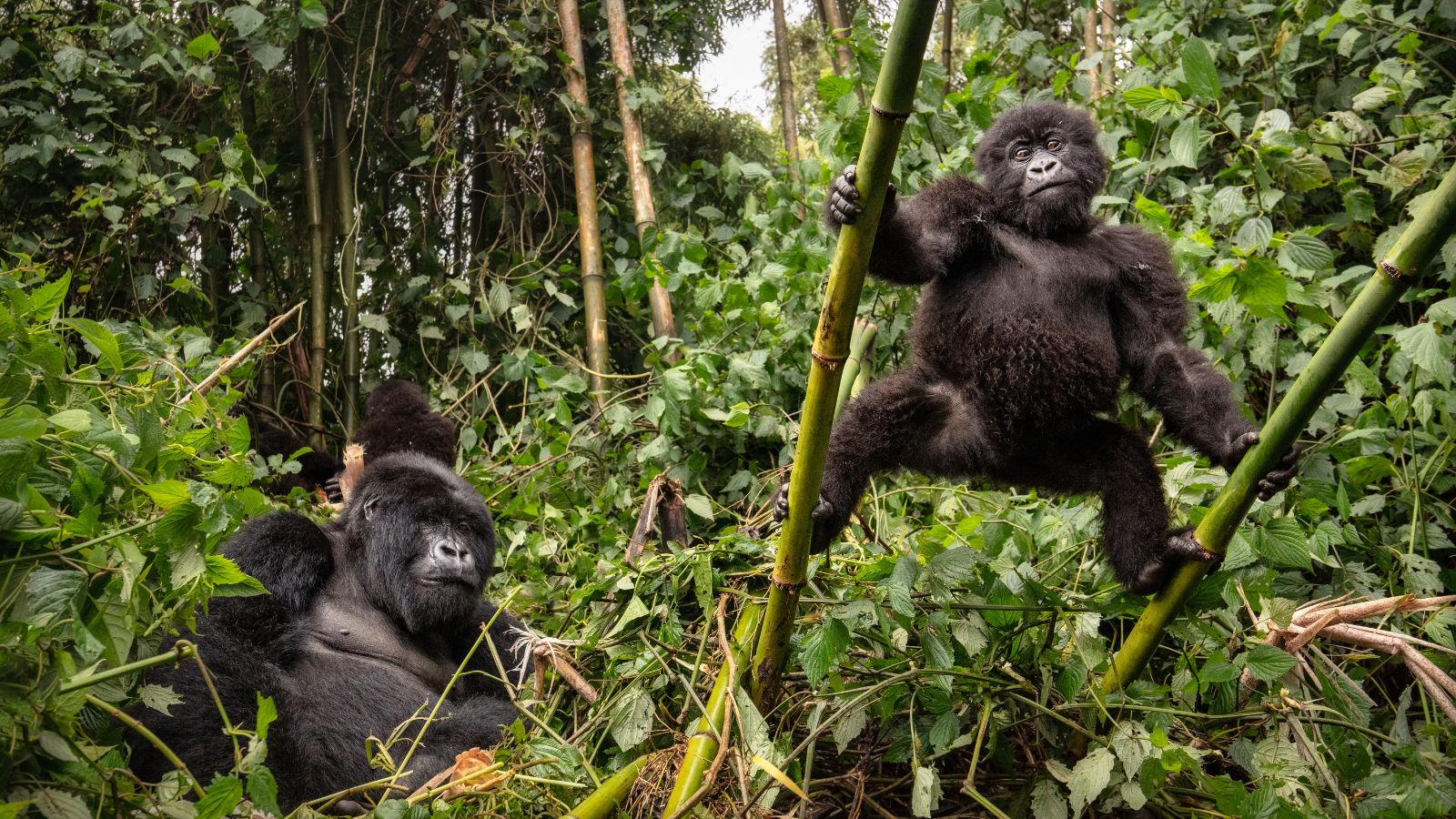‘Alpha males’ was never a norm. A new study seems to suggest that male dominance is rare in primate societies, as most species have females holding equal or more power.
The study, ‘The evolution of male-female dominance relationships in primate societies’, seems to break long-standing assumptions about gender roles. Published in the Proceedings of the National Academy of Science (PNAS), the groundbreaking study has changed our understanding of gender and power dynamics in the animal kingdom.
Talking about the study, evolutionary biologist and co-author Dieter Lukas said that the team wanted individual-level observations of who wins fights against whom and not rely on broad classifications such as ‘males are dominant here’.
In order to understand the power dynamics between the sexes, researchers compiled and studied data from 121 species over the course of five years. They collected information and documented behavioural data instead of making assumptions. A majority of this data was about who battled who and who prevailed.
The collaborative study was conducted by the University of Philadelphia, the University of Montpellier, the German Primate Centre, the University of Göttingen, and the Max Planck Institute.
The findings suggest social hierarchies in primates, and perhaps humans, aren’t hardwired. They’re shaped by environment, group composition, mating systems, and individual relationships. In short, there’s no single blueprint for who holds the power.
Breaking Stereotypes
Overall, the researchers found that just 25 out of 151 communities had male dominance, when men win more than 90 per cent of matches against the other sex. Barely 16 populations had female dominance, whereas the remaining 70 per cent of tribes had either no dominant sex at all or barely mild dominance.
Story continues below this ad
“Strict male dominance was really a minority of systems. We didn’t expect it to be a majority because we already knew the literature quite well, but under 20 per cent was probably smaller than what we would have expected.” said Dr Élise Huchard, another author of the study, to BBC Science Focus.
The notion that force is always the foundation of power is also contested by the study. Female dominance in many primate groups develops through reproductive control rather than physical prowess. “If a female doesn’t want to mate, the male can’t do anything about it. When females control reproduction, they can use it as leverage – as a power mechanism – towards males,” said Huchard.
On the other hand, male dominance can be seen in terrestrial species (where strength is key), sexually dimorphic species (groups with larger, stronger males), and polygynous societies (where males compete over multiple females).
“We have two closest relatives – chimpanzees and bonobos. One is male-dominant, one is essentially female-dominant,” Huchard said. “So even before we did this study, we knew things weren’t going to be deterministic.”
Why does the study matter?
Story continues below this ad
The results indicate a remarkable degree of flexibility in gender roles among our evolutionary cousins, but the researchers are hesitant to extrapolate their findings to humans. Essentially, it challenges the widely held belief that male dominance is by default and calls for a re-evaluation of how we see gender roles not just in animals but also in humans.




Average Rating